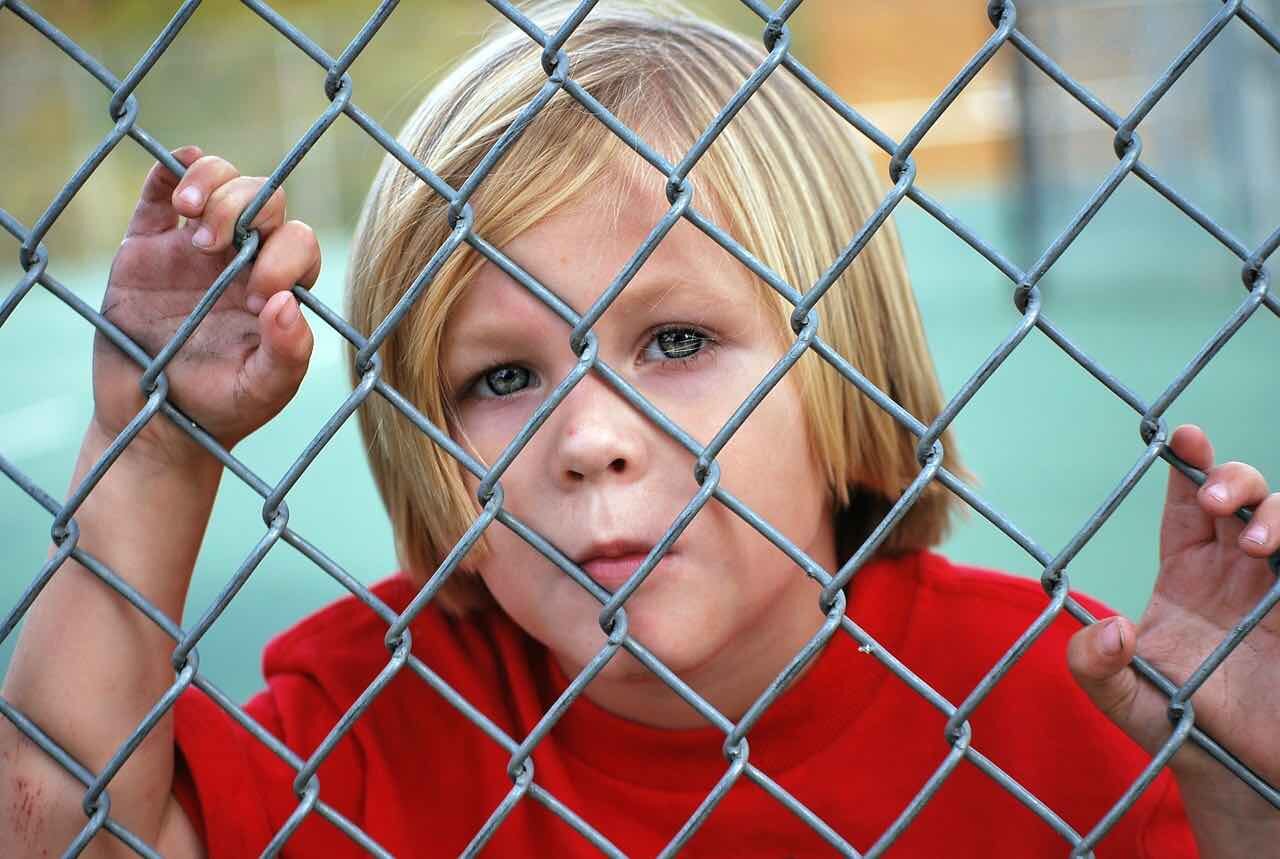The Microsystem
The microsystem is the small, immediate environment the child lives in. Children's microsystems will include any immediate relationships or organizations they interact with, such as their immediate family or caregivers and their school or daycare.
How these groups or organizations interact with the child will have an effect on how the child grows; the more encouraging and nurturing these relationships and places are, the better the child will be able to grow.
Furthermore, how a child acts or reacts to these people in the microsystem will affect how they treat her in return. Each child's special genetic and biologically influenced personality traits, what is known as temperament, end up affecting how others treat them. This idea will be discussed further in a later document about child temperament.
